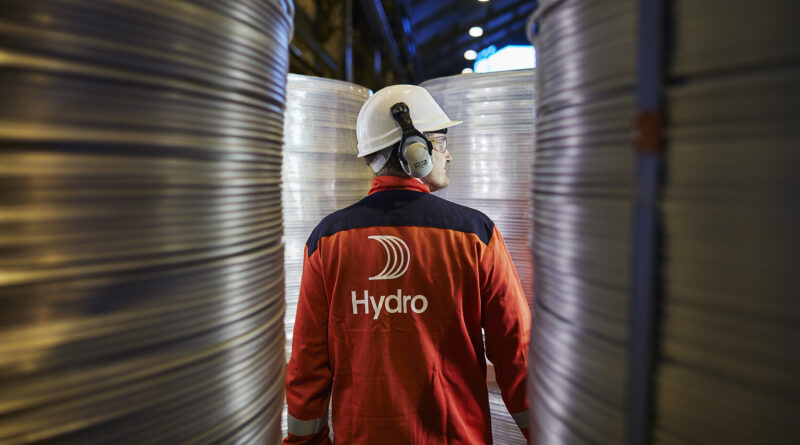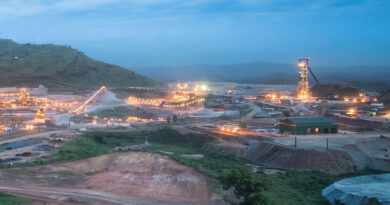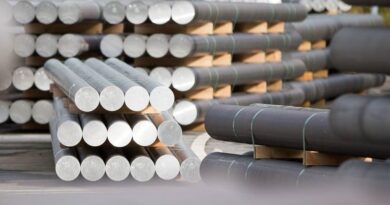Hydro’s strategy towards 2030 for low-carbon, recycled products
Aluminium is recyclable without loss of the qualities that make it an important enabler for the green transition and recycling requires only five percent of the energy used to produce primary aluminium in a smelter. This is why it is vital to recycle more post-consumer scrap to accelerate emission cuts.
Stepping up growth in recycling capacity is one of the key factors in Hydro’s overall strategy towards 2030 to meet the increasing demand for low-carbon, recycled products. Hydro is continuously exploring new possibilities, both to source post-consumer scrap and develop advanced sorting technologies, to allow an increased amount of used aluminium to be sorted, repurposed and given a new life.
“With the HySort technology now in operation we have reached yet another exciting milestone in our strategy to double the production and expand the portfolio of recycled products in the U.S. The sorted scrap from Alusort puts us in an even better position to bring more low-carbon aluminium to the U.S. market and help some of the most demanding customers in America reach their sustainability goals,” says Pitchford.
Why aluminium recycling is important
Recycling is the fastest way to deliver zero-carbon aluminium, requiring only five percent of the energy used to produce primary metal through electrolysis. Aluminium is also infinitely recyclable without loss of quality, making it an important enabler for the green transition.
Unlike pre-consumer scrap originating from aluminium production and extrusion processes, post-consumer scrap has lived a past life as beverage cans, windows, car parts or other consumer products. It comes with a carbon footprint close to zero since the emissions have already been accounted for. This is why it is vital to recycle more post-consumer scrap to accelerate emission cuts.
Hydro’s proprietary HySort technology, utilizing laser induced breakdown spectroscopy (LIBS), allows Hydro to dig deeper into the scrap pile to recycle aluminium that would otherwise end up in landfills. The technology was pioneered at Hydro’s recycling hub in Dormagen, Germany, and launches in the U.S. market in 2024 by joint venture Alusort LLC. in Grandville, Michigan.




